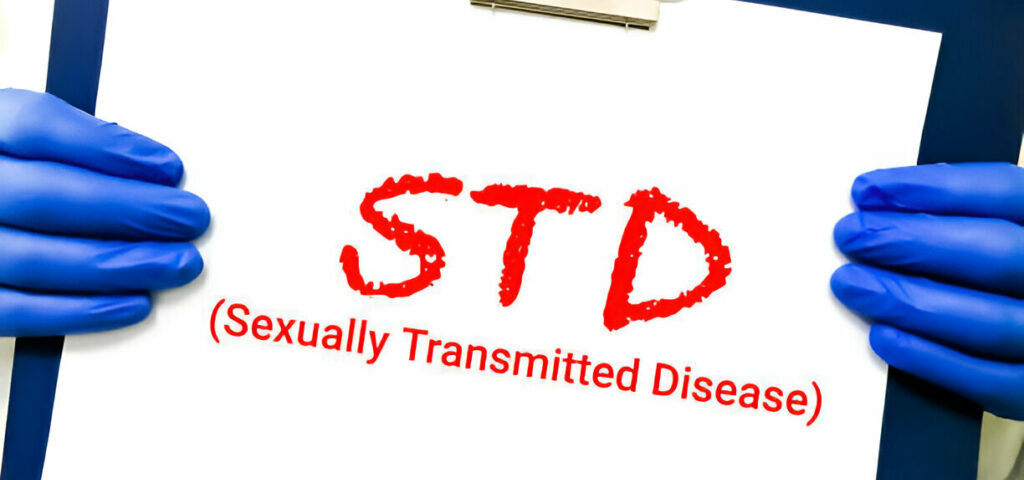
Is Gabe Watson Still Married to Kim Lewis: Overview
September 8, 2025
When Should You See a Cardiologist for Preventive Care After 50?
September 10, 2025Sexually transmitted disease (STD) screenings are a regular part of health management for many individuals. These tests are designed to detect the presence of infections that are passed through sexual contact. Integrating STD screenings into your personal health routine is a practical step toward managing your well-being. Here are some of the reasons why these screenings are a component of a health strategy:
Detecting Diseases Early
Regular screenings provide a method for identifying STDs, sometimes before any symptoms appear. Many STDs, such as chlamydia and gonorrhea, might not show noticeable signs in the early stages. This means a person could have an infection without being aware of it.
Screening tests are the primary tool for detecting these infections. Early detection allows for a clear understanding of your health status. It also enables timely medical consultation and management. Finding an infection early may provide more options for addressing it.
Regular testing is especially important for individuals with multiple partners or those in high-risk groups. Many STDs are easily treatable when caught early, reducing the likelihood of long-term complications. Consistently prioritizing screenings is a proactive step toward overall health and well-being.
Reducing the Spread of Disease
Getting STD screenings is a direct action that may contribute to community health by helping to limit the transmission of STDs. When individuals are unaware they have an infection, they may unknowingly pass it to their partners. This cycle of transmission continues when others are also unaware of their status.
By knowing your own status through testing, you are better equipped to make informed decisions. This awareness helps break the chain of transmission. Regular screening, when practiced by many people in a community, collectively lowers the overall prevalence of these infections. It is a straightforward way to protect others.
Preventing Worse Symptoms
Untreated STDs are linked to more serious health complications over time. An untreated chlamydia or gonorrhea infection may lead to various other complications. Untreated syphilis progresses through stages, with later stages potentially impacting the brain, nerves, and other organs.
Human papillomavirus (HPV) is another common STD. Certain strains of HPV are associated with the development of specific types of cancer. Screening enables the identification of these infections, allowing them to be managed before they potentially progress to more severe conditions. Addressing STDs promptly is a way to avoid these long-term health issues.
Easing Concerns
Uncertainty about your sexual health status can be a challenge. STD screenings offer a definitive way to get clear answers. Instead of confusion about potential exposure or interpreting ambiguous symptoms, testing provides concrete results. Having this knowledge allows you to move forward with certainty. It gives a solid foundation for conversations with partners and healthcare providers. Getting tested is a logical step to resolve any questions you might have about your STD status.
Schedule STD Screenings Today
Incorporating STD screenings into your healthcare routine is a constructive habit. These tests offer a clear picture of your health, help protect your partners, and assist in preventing future complications. Taking control of your sexual health is a responsible action. If you are ready to take the next step, a primary care clinic offers confidential and straightforward STD testing services. Contact a clinic today to schedule your appointment and get the information you need.





